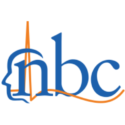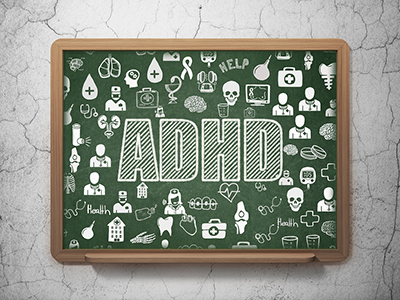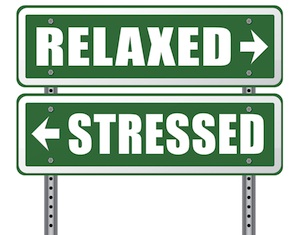Can Biofeedback Help Children with Autism?
According to the Centers for Disease Control (CDC), approximately one in 68 children is diagnosed with an autism spectrum disorder (ASD). As the numbers of children diagnosed with ASD continue to climb, therapies and solutions to help them are increasingly important. One such therapy that has become popular is biofeedback. Biofeedback is used to re-train a patient’s brain in ways that help it function effectively at school, work, home, or in different social situations.
How Does Biofeedback Work?
The first step in biofeedback is to use diagnostic testing that determines the patient’s level of brain activity. Biofeedback tests include a quantitative EEG, neuropsychological testing, and psychological testing. These tests will help to understand the underlying causes of many disorders and conditions and provide a comprehensive picture of the patient’s strengths and weaknesses in brain functionality. Data provided by these tests is then used in biofeedback treatments such as neurotherapy, psychological interventions, substance abuse treatments and pain treatment.
&npsb;
How Does Biofeedback Help Children with Autism?
Biofeedback has been shown to help children with autism improve their social skills in ways such as making eye contact and communicating their wants and needs. It has even helped some of these children with academic performance at school. The treatment, neurotherapy, has been especially effective. Improvements that families have noted from neurotherapy include:
- Less emotional outbursts
- Ability to tolerate changes better
- Reduced anxiety
- Initiating both contact and touch
- More appropriate responses to parent and teacher requests
- Clearer speech patterns
- Improved ability to focus
- Increased socialization
Biofeedback helps children with autism and their families by improving their overall quality of life. Unlike medication, which typically can only provide benefits while it is being taken, biofeedback provides a long-term solution. The benefits are long-term because it re-trains the brain to develop new patterns and habits that are sustainable for the long run.
At Northwest Biofeedback Center, we have been providing biofeedback services in the Chicago area for over 25 years. Contact us online or call our Des Plains office at (847) 627-8164 or our Schaumburg office at (224) 334-3070 to schedule a consultation.










